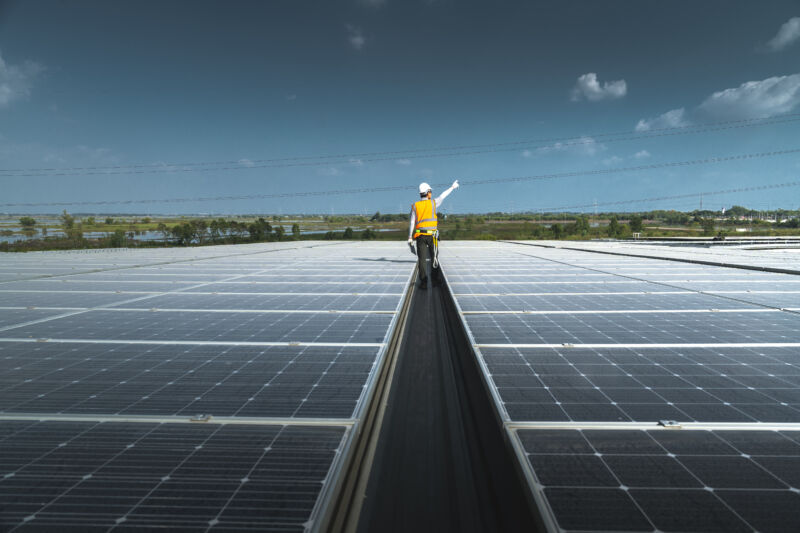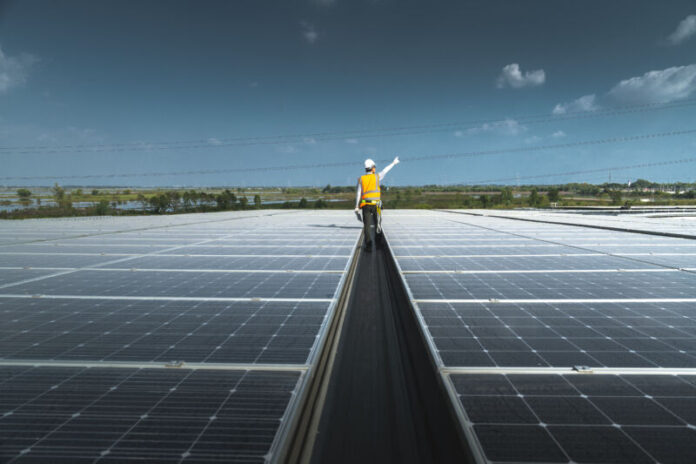
Enlarge (credit: Frame Studio)
Almost from the start, arguments about mitigating climate change have included an element of cost-benefit analysis: Would it cost more to move the world off fossil fuels than it would to simply try to adapt to a changing world? A strong consensus has built that the answer to the question is a clear no, capped off by a Nobel in Economics given to one of the people whose work was key to building that consensus.
While most academics may have considered the argument put to rest, it has enjoyed an extended life in the political sphere. Large unknowns remain about both the costs and benefits, which depend in part on the remaining uncertainties in climate science and in part on the assumptions baked into economic models.
In Wednesday's edition of Nature, a small team of researchers analyzed how local economies have responded to the last 40 years of warming and projected those effects forward to 2050. They find that we're already committed to warming that will see the growth of the global economy undercut by 20 percent. That places the cost of even a limited period of climate change at roughly six times the estimated price of putting the world on a path to limit the warming to 2° C.
Read 18 remaining paragraphs | Comments
Ars Technica - All contentContinue reading/original-link]




